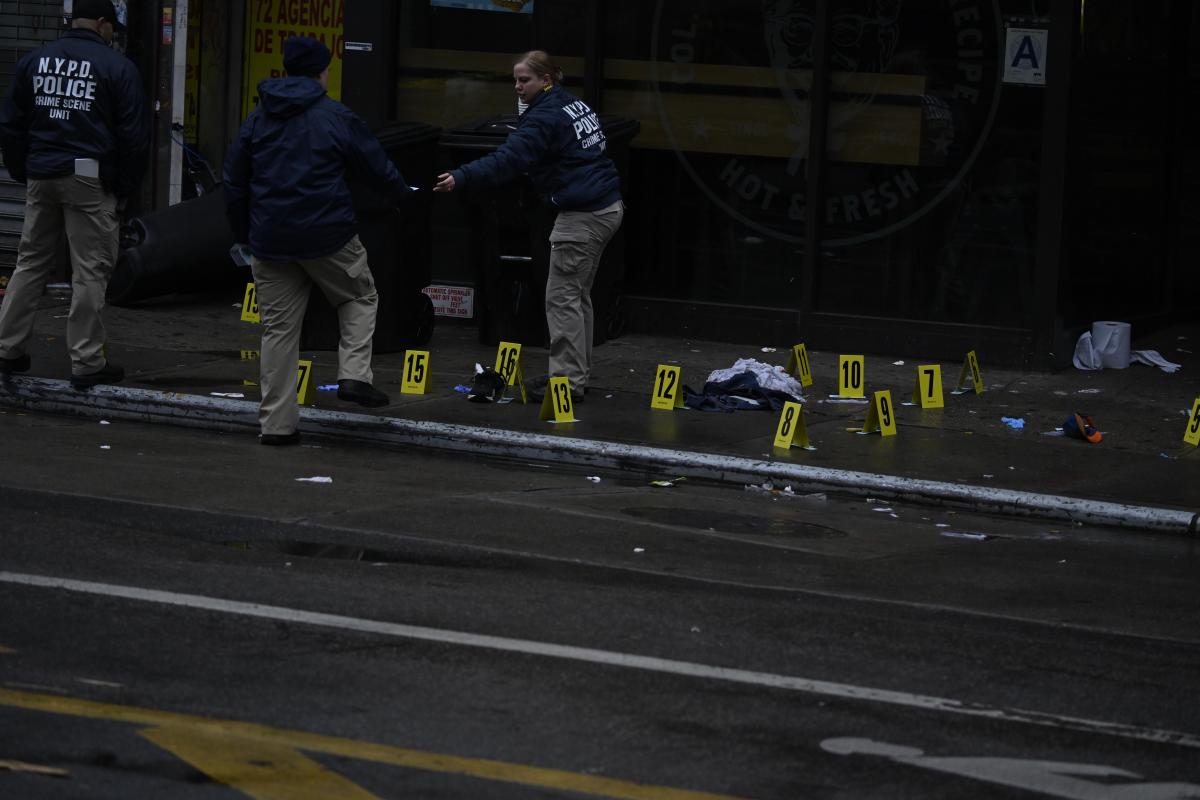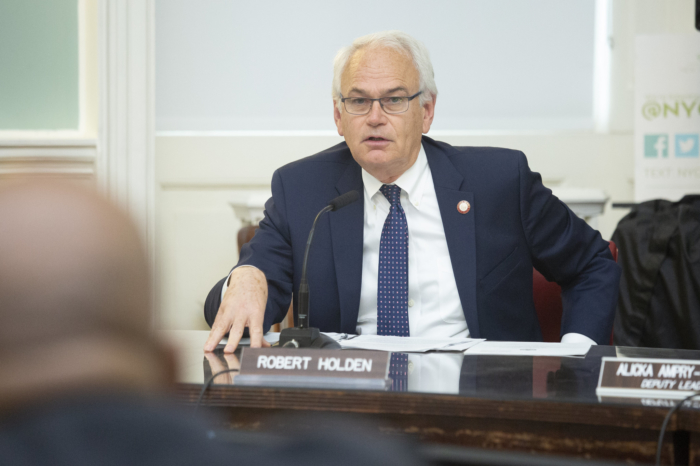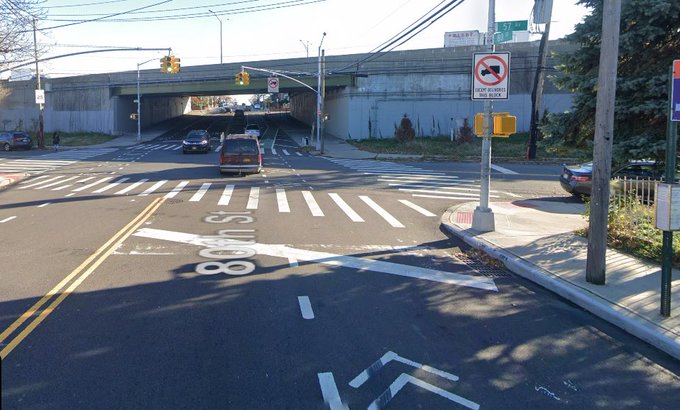By Kenneth Kowald
As a young child growing up on the Lower East Side of Manhattan, I remember riding the subway and buses.
But my most vivid memory of subway rides was along the elevated sections of the transit system, after we moved to Borough Park, Brooklyn. As I looked out the windows, what I remember most was seeing empty stores. This was during the Great Depression.
When we moved to Elmhurst, I was a pre-teen and the Depression was not what it had been and would disappear in World War II. We now traveled underground on the then-new Independent Subway System, using Grand Avenue or Woodhaven Boulevard as points of departure, depending on where we were going.
The memory of those elevated rides has come back to me during the Great Recession, which is officially over, but if you do not have a job or a roof over your head, is still with us.
For many months, Elaine and I have counted the vacant stores along the major shopping streets of Queens. It is discouraging.
I am not an economist, and not just because I was taught that economics was “the dismal science.” I do not have a head for numbers. I was the despair of my father, who could not impress upon me that when you played pinochle, you were supposed to remember what cards had been played. I have been a total bust at chess and I have never tried bridge.
A vacant store conjures up for me the past in which our country sank low. On the other hand, it seems Americans cared for each other more in the Depression than they do now. That may be a myth, but it is a good myth. When I went to work for a large New York City corporation after the Depression, there were many people in the company who said that during that bad time, everyone took a 10 percent cut in salary. No one was fired.
There were songs that tried to make people care about others. One was “You Can’t Have Everything,” which pointed out that you should “just think of others and the troubles they get.” It urges listeners to not be greedy but “help the needy.” Not all the songs were upbeat. “Brother, Can You Spare a Aime?” is a classic comment on the Depression, although it was written earlier.
The federal government has reported 55 percent of working-age adults have full-time jobs. This is the lowest level in modern times. More than 20 million adult Americans want full-time jobs, but cannot find work.
Today, I see too little of the kind of Depression caring for each other. We want the benefits of the greatest society in the world but do not to want to take any responsibility for those in need. We have forgotten that we must help the least of these. We want lower taxes for ourselves and fewer services for those in need, but we insist upon sustaining or increasing our entitlements.
How we care about those in need defines the quality of a nation, I believe.
In a sermon on the occasion of Queen Elizabeth II’s Golden Jubilee, the Most Rev. Rowan Williams, the archbishop of Canterbury, spoke out against “the traps of ludicrous financial greed, of environmental recklessness, of collective fear of strangers and collective contempt for the unsuccessful and marginal.”
I hope I am wrong about the psyche of our nation. I keep remembering those empty stores I saw in Brooklyn and the empty stores Elaine and I see often. Are we willing to pay our fair share to help those in need?
The answers are in our hands, like the cards in pinochle. Shall we be proud of the cards we play or pay no attention?
You, I and everyone else in this country has the obligation to help those in need.
Read my blog “No Holds Barred” at timesledger.com.































